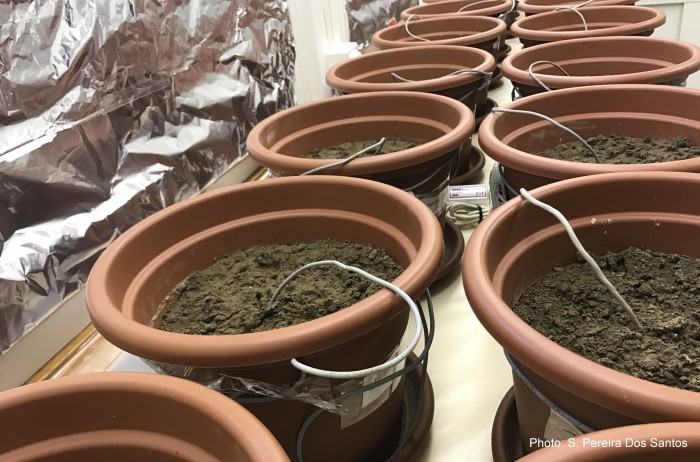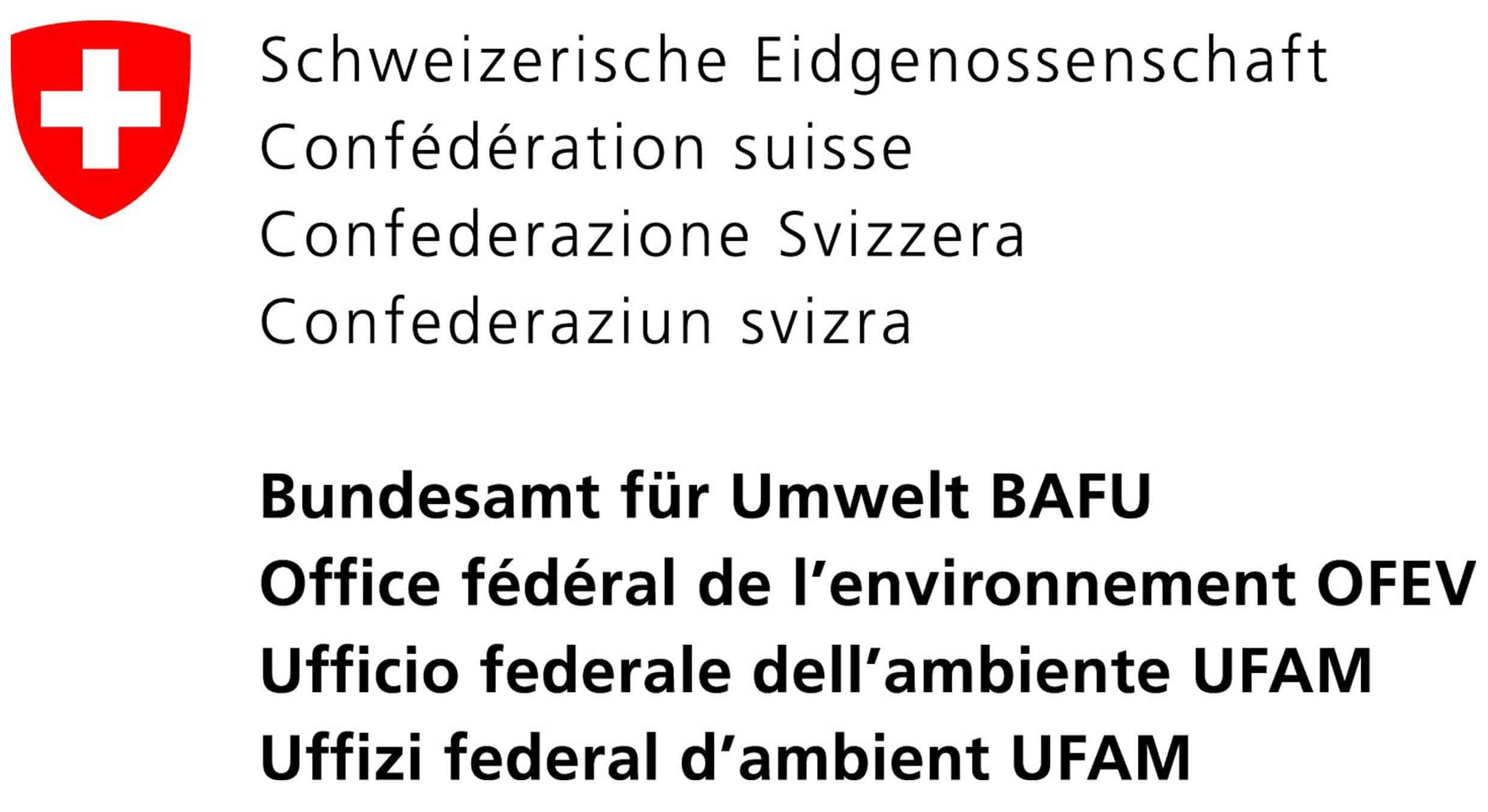
Ecotoxicological impact of a microbial biopesticide and a synthetic pesticide on soil microbial communities: comparative analysis in microcosms and mesocosms
Die Auswirkungen von Biopestiziden auf Nicht-Ziel-Bodenorganismen werden selten analysiert. However, this information is crucial for the environmental risk assessment of these products. In the previous Biopestisol II project, we demonstrated a significant impact of the biopesticide Prestop® on the composition and on microbial networks analyzed suggesting a significant effect on soil functioning. Bei vielen anderen Biopestiziden (und Pestiziden) sind die Auswirkungen auf das Bodenmikrobiom noch völlig unbekannt. Moreover, in order to facilitate the implementation of standardized ecotoxicological tests, it is necessary to assess whether the impact of the biopesticide depends on the size of the experimental setup (microcosm or mesocosm).
Die Hauptziele dieses Projekts sind:
- To compare in the laboratory the impact of the biopesticide Botector® and a synthetic pesticide on the communities of soil bacteria, fungi and protists
- To test whether the effects of the products on soil microbiome id dependent on the size of the experimental setup (microcosm or mesocosm)
Das Biopestizid Botector® wird im Weinbau zur Bekämpfung von Botrytis cinerea (Schrotschuss) und desselben Erregers in Tomaten, Erdbeeren und Eierpflanzen eingesetzt. Es setzt sich aus zwei Stämmen der Hefe Aureobasidium pullulans zusammen. Dieses in der Schweiz registrierte Produkt wird auf die Pflanze und nicht direkt auf den Boden aufgetragen. As a part of the product will reach the soil during application (about 20-30%), it is relevant to assess its impact on the soil microbiome.
2020 - in progress
Partner: Institut für Umweltwissenschaften und Geographie, Universität Potsdam, Deutschland
Funding: Bundesamt für Umwelt (FOEN)


